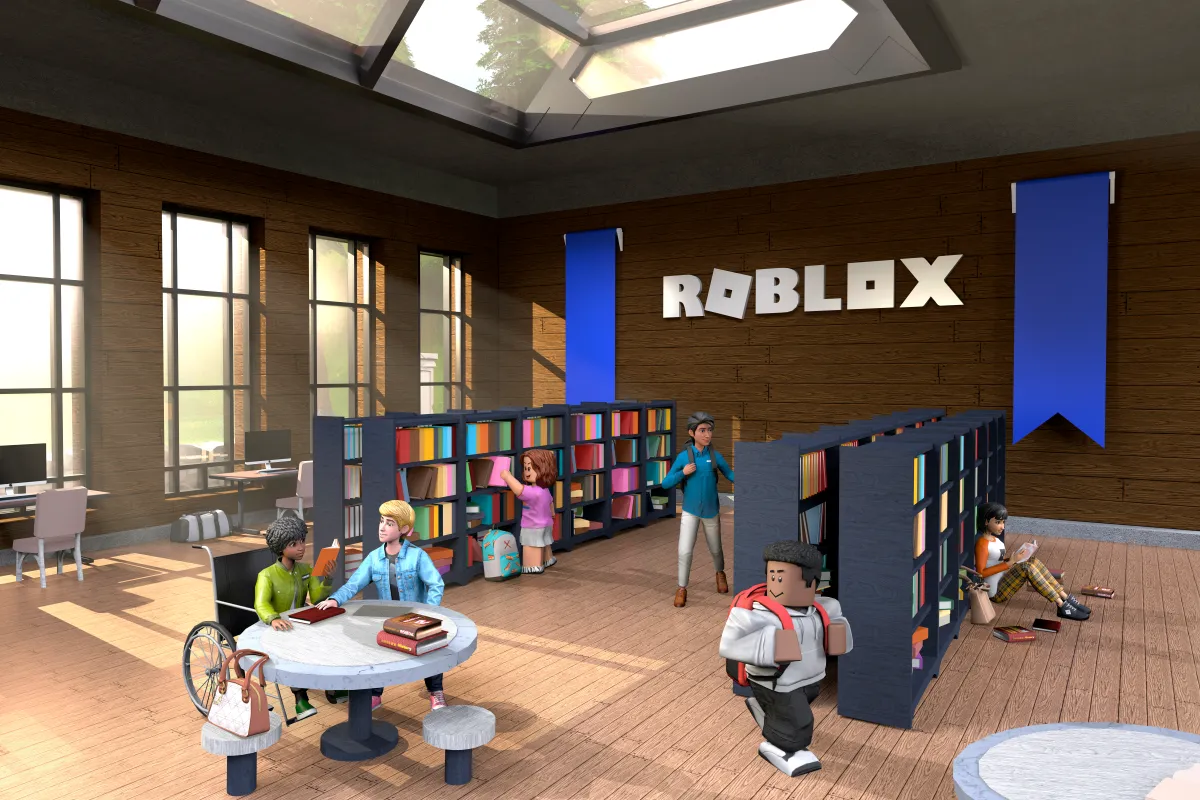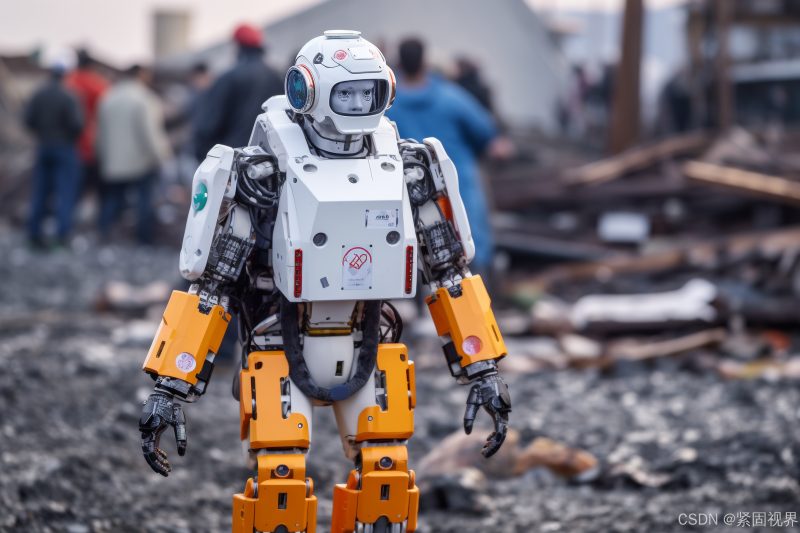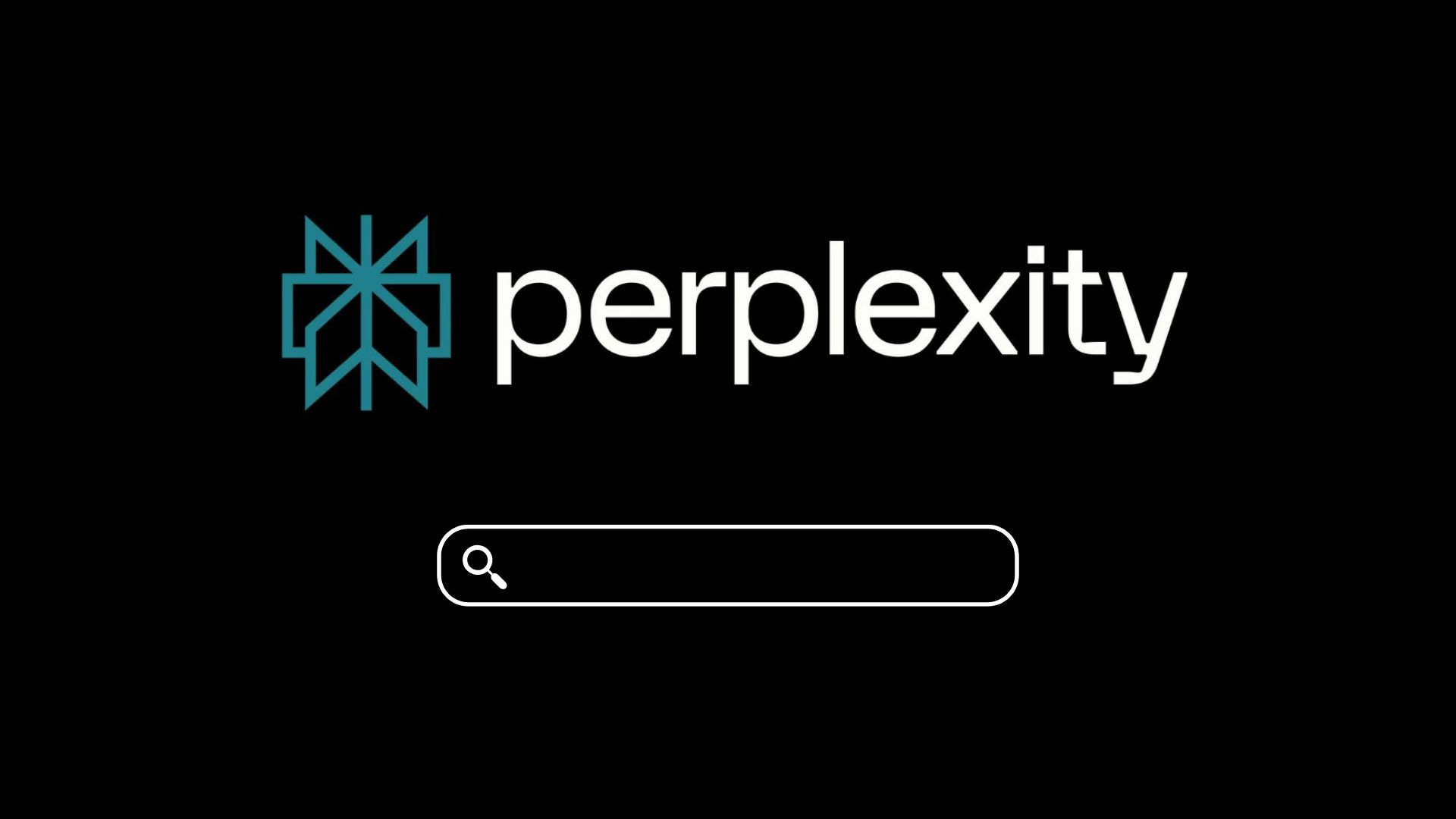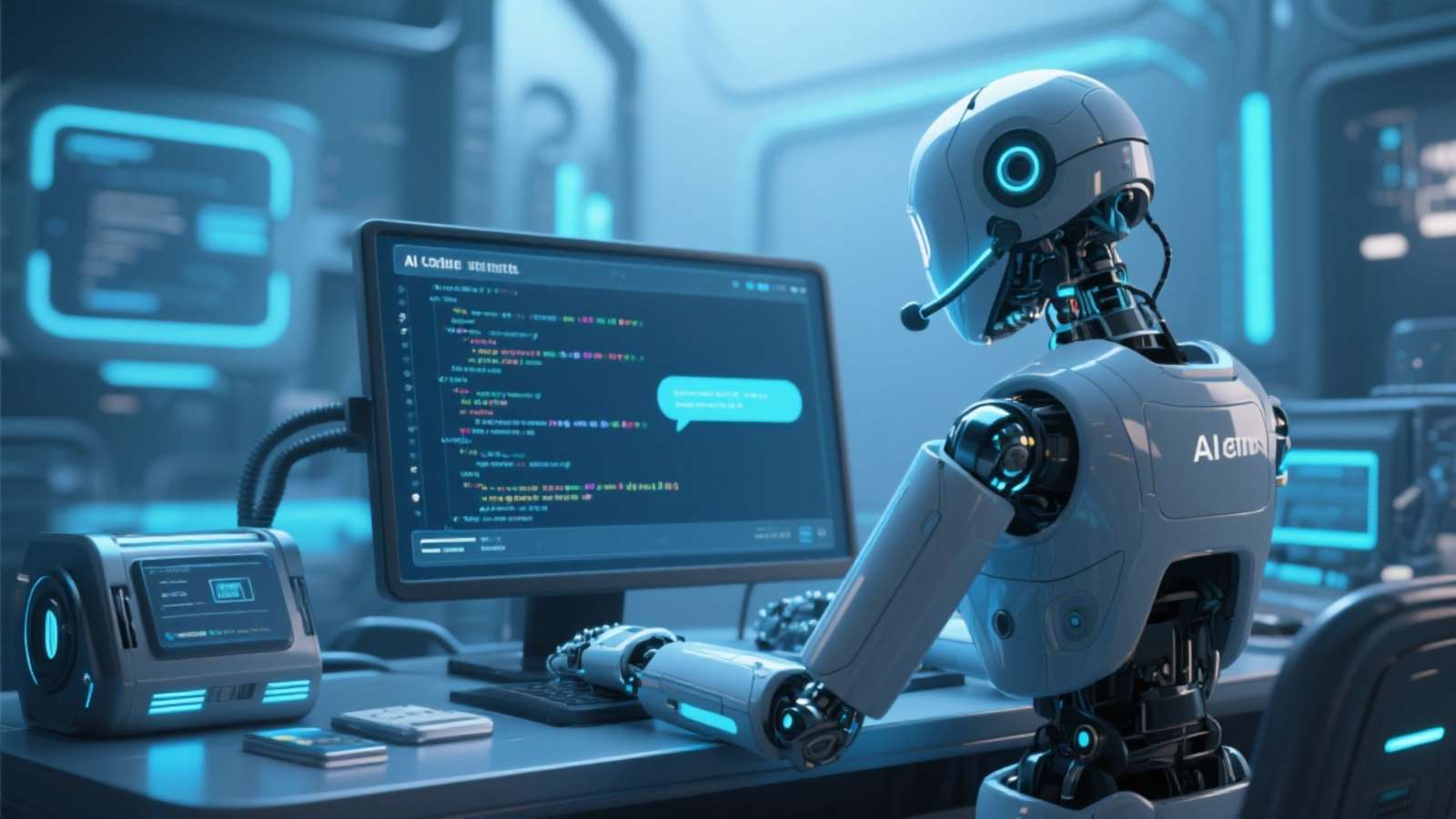Refactoring “is one of the buzzwords accompanying large models. Countless people shouted this slogan, gearing up for the existing models of software, companies, and even an industry. However, even with such ambitious goals, it still hasn’t touched the bottom layer of change. Before the application layer, Zhang Hongbo believes that the first thing that big models should reshape is the programming language itself.
As the cornerstone and core tool for building software, the development cycle of programming languages is incredibly long, it’s like “hearing a bell in ten years” – that is to say, a brand new programming language starts from the developer writing the first line of code and only occasionally heard of ten years later. In contrast, the large models that have become increasingly well-known to the public since the release of ChatGPT in 2022 are completely new things.
It is not surprising that Zhang Hongbo noticed the contrast between the two, as he was one of the earliest people in China to engage in programming language research. In 2023, OCaml language won the SIGPLAN software award, and Zhang Hongbo was one of its core developers. Later, BuckleScript, which he led the development of, gained large-scale commercial use from companies such as Bloomberg and Meta. It was the first Chinese led general-purpose programming language with a certain influence on an international scale.
In 2022, the release of ChatGPT truly broke the boundaries of the term “big model”, and many people realized that the times had changed. Zhang Hongbo, who is engaged in basic software research, was also among them.
At that time, he had just left Facebook where he had been working for five years and joined the IDEA Research Institute’s Basic Software Center, intending to develop a programming language called MoonBit from scratch. When he sent the syntax documentation, which had only been developed for a month, to ChatGPT, he was “very shocked” by the result: “It can generate MoonBit code, and it’s also quite impressive. ”Zhang Hongbo recalled, “ChatGPT showed us that there has been a great breakthrough in the field of AI coding. ”
At the same time of shock, a question also jumped into Zhang Hongbo’s mind: when the code productivity of models exceeds that of human programmers, what kind of programming language is needed in the AI era?
Python was developed in the 1990s, and Rust language was also developed almost 20 years ago. Their optimization points are completely different from what is needed in the AI era. ”Zhang Hongbo said. The established programming languages have designs that are not friendly to AI and are difficult to change, while MoonBit, which is just starting out, has the opportunity to become the first programming language that supports AI native programming.
This not only means selecting language features that align with AI Coding in terms of performance and security, but also in terms of compiler IDE、 Tools such as debuggers and package management systems make up for the shortcomings of the model. Unlike his peers in the AI coding field, Zhang Hongbo chose to reshape the entire toolchain from the lowest programming language and ultimately delivered an end-to-end software called MoonBit Pilot.
This whole set of technology can quickly turn ideas into software, “he said.” Devin didn’t do it, but we are likely to be able to because we have stronger control over the toolchain. ”
September 19th this year marks the third anniversary of MoonBit’s official establishment, but Moonbit’s user base has reached nearly 100000. In the conversation with Zhang Hongbo, he told us that the development of programming languages has entered the final stage and will officially begin commercialization in the future.
Zhang Hongbo stated that the initial motivation for developing MoonBit was regret. He once developed a language called BuckleScript (an OCaml JavaScript compiler that converts ML syntax into readable JS code through static typing and compile time optimization, supports hot overloading and Node ecology, and is the predecessor of ReScript programming language). Although BuckleScript has the same technical content as Dart language, it did not receive the recognition it deserves. This time, he has once again had the opportunity to lead the development of a brand new programming language. From the beginning, he hoped that MoonBit would go beyond pure academic languages and become a healthy and sustainable career.
If it cannot be commercialized or if commercialization is unsuccessful, then MoonBit will be a one-time deal and the matter will come to an end. On the contrary, if commercialization is successful and we make MoonBit a great company, it will be easy for peers to recognize us, and those with strong technical backgrounds can also see us. Only then will MoonBit enter a healthy and sustainable state. ”This is currently Zhang Hongbo’s biggest wish.
The following is the full text of the conversation between AI Technology Review and Zhang Hongbo. For ease of reading, the text has been adjusted without changing the original meaning.
Native AI support, programming language for the era of big models
AI Technology Review: Could you please introduce your academic experience and how you started researching programming languages?
Zhang Hongbo: I have a certain academic background and come from an engineering background. I have been working on programming language toolchains for 20 years. In 2008, my undergraduate thesis at Tsinghua University was an animation programming language. At that time, I was jointly trained in the Department of Electronic Engineering of Tsinghua University and Microsoft Research Asia. The original plan was to continue to study for a doctor in machine learning. But because I am personally interested in programming languages, Professor Shen Xiangyang, who is now my boss, sent me to Peking University to do research related to programming languages.
During my PhD studies at Peking University, I became a core developer of another programming language, OCaml. It has a very complex component that requires human maintenance. At that time, it was mainly the French research institution INRIA that was doing this. Later, they invited me to participate as a student, breaking the rules. Later, Bloomberg wrote a financial derivative pricing software using Ocaml and needed to find maintenance personnel using this programming language. Because this is not a standard compiler and there are relatively few people who understand it, they gave me a good offer and I went to work in New York.
Bloomberg is a company that sells financial terminals. Although they use OCaml compiler more often, they use JavaScript for front-end rendering. I spent a weekend writing a compiler to integrate the OCaml compiler into JavaScript, allowing for some code reuse. My boss really enjoys this job, and it has evolved from my hobby project to a company sponsored project. At that time, our company had three to four thousand software developers, and this project became the most popular open source project in the company, called BuckleScript.
In 2017, I returned to China from New York and, as usual, I may work for a large company. But at that time, Facebook approached me and said they used BuckleScript on Facebook Messenger and Facebook Chat, hoping that I could continue to maintain it. I stayed at Facebook for five years. Five years later, Teacher Shen retired from Microsoft and established IDEA Research Institute in Shenzhen. Coincidentally, I also wanted to do something more interesting, so I came to the IDEA Basic Software Center and started specializing in programming languages.
AI Technology Review: What is the general purpose of developing a new programming language?
Zhang Hongbo: There are two types of scenes. A company level programming language is for their own benefit, for example, if Apple wants to develop their own IOS, they will want to use a programming language that they can modify at any time; ’Microsoft has the Windows platform, and they also need to provide a complete set of development tools. The second type is programming languages developed by individuals, because developers see some problems they think should be solved, and the development paths of these two types of languages are different.
Google has two well-known programming languages, Go and Dart. Dart language is completely driven by company needs and is a strategic language for the company. Although Go language was also developed by Google, it was mainly designed to solve asynchronous and high concurrency problems, and the overall development trend is more like solving specific domain problems under personal leadership.
AI Technology Review: So what specific domain problems does MoonBit language hope to solve?
Zhang Hongbo: Currently, most AI coding is based on existing programming languages, relying on their mature ecosystems and toolchains to create solutions. The approach of this scheme is to collect code from a certain programming language, feed the data to AI, and then let it spit it out, but there is no guarantee of such generated results. First of all, there may be some very low-level syntax structure errors in the things generated by AI. In addition, the big model eats the data on the entire Internet during training, and there are many other programming languages in this data. There are similarities between different programming languages, and directly letting AI generate code is likely to create illusions, ultimately giving you a lot of seemingly plausible code, which is not a very good experience.
Big models are actually a very new thing, but the development cycle of programming languages is very long. Without AI, it may take ten years to make a sound, that is, a programming language starts from writing the first line of code and only occasionally heard of ten years later. So the programming languages that have achieved great success now were all launched a long time ago. Python was developed in the 1990s, and Rust language was also developed almost 20 years ago. Their optimization points are completely different from what is needed in the AI era. This is the problem that MoonBit wants to solve, we have native AI support. What we do is not just a programming language, but also a Coding Agent based on this language, which we call MoonBit Pilot.
AI Technology Review: How to understand “native AI support” for a programming language?
Zhang Hongbo: In the past, when we designed programming languages, we would consider human-computer interaction because at this time, human productivity is higher. What are the differences after having a large model?
Firstly, AI generates code. The coding speed of AI is actually similar to that of humans. When AI can generate 10000 lines of code, writing code is no longer the bottleneck. Code review is the focus, and you will hope that the reliability of AI coding can be higher. If AI generates 100000 lines of JavaScript source code for me, I wouldn’t dare to maintain or take over, because AI may just quickly give me a prototype that can run, but if I want to expand and continue adding specific features in the future, I will definitely be very painful. There are also security issues here. If there are security vulnerabilities in the 10000 lines of code generated by AI, the losses to users will also be significant. So I say that in the era of AI, the requirements for code reliability will be very high.
Additionally, there is a greater emphasis on the performance of programming languages. Why do you say that? Python sacrifices performance for the convenience of human-computer interaction and high development efficiency, but if AI is used for code generation, the code can be obtained almost at zero cost, and the performance requirements for the programming language will be even higher. If MoonBit can be 10 to 100 times faster than Python at the same generation speed, there is no reason to use AI to generate Python instead of MoonBit.
AI Technology Review: What designs has MoonBit made for these characteristics of AI Coding?
Zhang Hongbo: Let me give you an example. When running Java, there may be a null point exception, but MoonBit can prevent this type of running error at the compilation level. More extreme, well written MoonBit code can be formally validated through data to ensure that the output code fully complies with specifications. I am a highly skilled user of AI myself, and taking over the code generated by AI is actually a very difficult task. At the beginning, AI gave you a working version, but you still need to enable AI to automatically refactor, make the code cleaner, and make the interface less coupled and highly cohesive. We have many designs that rely on this aspect, which is to ensure the reliability of the code by conducting rich static analysis during compilation.
Actually, there is also inheritance involved. When I was a student, I used OCaml language the most, and Jane Street, one of the largest financial institutions in New York, had high requirements for software reliability. Because once a bug occurs, there will be significant economic losses, so these design ideas are all consistent.
In addition, programming languages are essentially mechanisms that provide programmers with various abstractions. A function is a fundamental abstraction, and naturally you would want this function to be generic, with generics. Generics require the construction of structured data, each with different branches. You may need an enum enumeration type (in MoonBit syntax, enum enumeration type is a mechanism that packages a finite number of mutually exclusive functions into the same type, supporting users to handle the same abstract but different shaped data concisely. It is the core tool for writing generics and handling branch logic). A major feature of MoonBit is that it is a programming language that is very user-friendly for data processing.
For example, if you bring JSON over, we have native JSON processing that can directly perform pattern matching, and it is purely static. If you give me a string, I can match it natively using regular expressions, and it’s very efficient without any security vulnerabilities. If you give me a native XML byte stream, I can match it using bits. The biggest language feature of MoonBit is that it is very user-friendly for data processing, which is also based on my years of experience in design. When you write many business apps, you will find that the most common thing you do is to convert data from one format to another, so we have done a lot of reinforcement work to address this.
AI Technology Review: Are these enhancements to Moonbit based on a completely new language logic, or are they mainly implemented at the toolchain level?
Zhang Hongbo: In the eyes of users, the language logic is the same, but our operating system will be more diverse. For example, regarding the issue of code throwing exceptions, the vast majority of languages do not require the compiler to track the code to see which sections may throw and which may not, but MoonBit’s compiler does. Before the code starts running, it will tell you if it is possible to throw an exception. What we are doing is essentially a complete set of developer tools, including compilers IDE、 The debugger, package management system, testing coverage tool, and our built-in Agent MoonBit Pilot are all part of the whole family.
This involves a huge amount of work and takes a long time to complete. Generally, only company level programming languages tend to focus on creating a complete set of projects. Languages developed by individuals such as Python and Rust often start with just a few compilers, and later people gradually contribute various tools. But this is not a global perspective, and if we don’t consider this issue during development, it will be particularly difficult to do the IDE later on. MoonBit has considered a complete toolchain from the beginning, so what we are doing is not a compiler or a language specification, but a programming platform. MoonBit has its own tool system, which is a big difference between us and other programming languages.
Exclusive language tool, ‘treating AI as a user’
AI Technology Review: It has been three years since the establishment of the team in 2022 until today, during which development stages has MoonBit gone through?
Zhang Hongbo: On September 16, 2022, our department was established and began recruiting people. We released the Alpha version of MoonBit on August 18, 2023, which was the first phase. On the day the Alpha version was released, we made it to the front page of HackerNews. The external response is quite positive, which is still a great motivation for us.
The next node is the Native backend. Actually, the scope we initially set was not that large. At that time, we only planned to do WebAssembly because generating code on such a platform would be very efficient. But after about two years of development, we started supporting users to compile to X86 assembly and ARM assembly. This way, we are no longer just focusing on a small scenario programming language, but a thoroughly universal programming language.
The third node is at the end of this month, and we will release an asynchronous network framework. We released the Beta version in June this year. Compared to the Alpha version, after this update, MoonBit’s language features have become basically stable, and there is also relatively complete package management. In fact, MoonBit has already completed all the stages and can do end-to-end application development, basically reaching the final stage.
Nowadays, MoonBit language features are very rich, and I personally feel that even compared to the latest version of Go language, it is comparable, even comparable to mainstream programming languages such as Swift and Kotlin. In addition, we can also compete with the latest SOTA in error handling. Compared to version 1.0, the Beta version is only inferior to the asynchronous feature released at the end of the month. Our first open-source project was to use MoonBit to write intelligent agents, as this task involves a lot of asynchronous network communication.
AI Technology Review: Why Choose WebAssembly as the First Backend Supported by MoonBit? What were the reasons for adding a native backend later?
Zhang Hongbo: As a programming language, it is difficult to acquire core customers in the early stages. Because everything was lacking at the beginning and the tools often had bugs, we targeted WebAssembly. This is a standard instruction set released in 2017, which has advantages for new programming languages like MoonBit to create a new standard instruction set. We are latecomers and can design specifically for its features. MoonBit’s code input on the WebAssembly platform is small in size and performs well, which is why we had our first paying customer in the second year. But this is only the first landing scenario for MoonBit. Our ultimate goal is to cover all scenarios and create a universal programming language. Native backend has more application scenarios, so it is very important to us.
At the beginning of the architecture design, we used IR with multiple layers, which reduced the workload of adding new backends. Now MoonBit has four backends: compiled to WebAssembly, including two versions with and without GC (garbage collection); Compile to the native backend, which is machine code, and there are two options: compile to C language or output machine code directly through LLVM. We also have a backend using JavaScript, which is used for front-end UI development. In the future, we will implement full stack development.
AI Technology Review: Programming languages developed by individuals such as Python and Rust have ultimately become very popular worldwide. What do you think are the inspirations for MoonBit?
Zhang Hongbo: Whether a programming language can become a phenomenal programming language depends on various factors. It is possible that it was designed quite well, for example, Rust did solve some problems, but at the same time, there are other non essential factors. For example, Python’s user base began to decline around 2010 under the influence of Node.js, but later became popular again with AI. In fact, there are many accidental factors that can make a programming language popular.
Before the National Day holiday in 2022, I joined IDEA. Just one month later, ChatGPT was released, and we noticed that AI is very reliable for code generation. When I was pursuing my PhD at Peking University, my last project was called program synthesis, so I have a good understanding of the field of code synthesis. We sent the syntax of MoonBit, which was still a development syntax documentation, to ChatGPT, and it was able to generate MoonBit code in a stylish way. We were very shocked. ChatGPT has shown us significant breakthroughs in the field of AI coding, which is why the entire language design later took into account many AI factors.
AI Technology Review: Compared to existing AI Coding products, what innovations has MoonBit Pilot made in engineering?
Zhang Hongbo: Currently, the most important thing is to understand the limitations of AI and provide some language tools specifically for MoonBit to overcome them.
For example, when modifying a function, the first thing is to find the corresponding code. If you grok the entire file like OpenAI’s Codex or Anthropic’s Claude Code, the efficiency is very low. And our MoonBit Pilot can easily find it through an internally built semantic analysis tool.
We understand the MoonBit programming language better than Claude, so we can provide many built-in native tools, and we also have a better understanding of the application scenarios of programming languages. For example, when doing code refactoring, thousands of warnings often appear at once. If you let Claude fix one by one, it’s easy to run out of context. But because we know which warnings are relatively independent, we can fix them as a concurrent, upstream independent issue, which will have a much better effect.
Traditionally, you would develop an IDE plugin for VSCode, and we can also develop a text-based tool for large models. We are currently developing two IDEs, one for users and the other for large models, so that MoonBit Pilot can automatically rename, search for code, and find documents through the IDE. This is also a significant difference between MoonBit and other programming languages, as we view AI as a user.
AI Technology Review: Does MoonBit Pilot specialize in post training at the model level?
Zhang Hongbo: We will do post training in the future, but we haven’t done it yet. We expect to have 10 million lines of code in our package management by the end of this year, and 100 million lines of high-quality MoonBit code by the end of next year. After we reach the order of magnitude of over 100 million lines, we will start our own post training. It is not meaningful to do it before reaching this order of magnitude.
We were actually pleasantly surprised to notice that Claude 4.0 already understands MoonBit very well, and many of our libraries can be generated using Claude 4.0. It has made a huge leap compared to Claude 3.7, but not because of the improvement in intelligence level itself, but because the training deadline for 4.0 is March 2025. It has read a considerable amount of MoonBit corpus, and its ability in this area has become very strong.
The biggest uncertainty is whether there will be a significant leap in intelligence. The trend I currently observe is that intelligence has reached its peak, which is certainly a variable. However, under this assumption, new large models will have more new knowledge fed into pre training, and future new models will have a great driving effect on MoonBit Pilot. The deadline for pre training data of OpenAI models is one year ago, but they still need to be updated.
AI Technology Review: In the past, LLVM (a modular, reusable compiler infrastructure) and WASM (i.e. WebAssembly) could provide shared intermediate representations or bytecode, but did not directly implement translation at the source code level. AI Coding has shown practical value in code completion and cross language fragment translation. Can this ability be extended to large-scale programming language translation in the future?
Zhang Hongbo: We are already working on this matter. MoonBit Pilot will provide users with a GitHub address where they can translate code from other programming languages into MoonBit code. The reason why our ecology can accelerate is also partly due to this. But currently, when translating between different programming languages, manual review and filtering are still necessary because there are many semantic mismatches between different programming languages.
For example, Python integers can be infinitely large, but some languages may only have 32 or 64 bits for performance reasons. So it’s not very realistic to achieve 100% conversion between these languages without human intervention. The closer the characteristics of the two languages are, the less workload there will be.
AI Technology Review: Before MoonBit, you had already developed many programming languages. What is different about your development experience this time?
Zhang Hongbo: What’s different about MoonBit this time? When I was working on BuckleScript and Ocaml before, it was initially done by one or two people with a relatively small scope. Now on IDEA’s side, although the number of team members is not very large, we have a team working on this from the beginning, so the pace is very fast. After we release the asynchronous framework at the end of this month, we can use MoonBit to write some very complex applications. From September 19th, 2022 to now, it has been exactly three years.
There are two reasons why MoonBit’s progress can be relatively fast. One is that I have been working on programming languages for a long time, and I have experienced every aspect of language design. In my last year at Facebook, I spent most of my time on vacation, so I wrote a lot of small languages myself and wrote every pipeline, which is why I started very quickly this time.
Additionally, there is also a factor of demographic dividend here. We are the earliest team in China to develop programming languages, so we are able to recruit highly capable individuals. Programming languages are different from general software development, and the core design is not built by too many people. Perhaps a few people are enough. Language design is an art, there is no language that is absolutely better. The core design of language, such as what the type system looks like, which language features to choose, syntax, etc., there is no standard answer, it depends entirely on the designer’s taste to decide. It can be said that everything is about taste.
AI Technology Review: Can you evaluate your own taste?
Zhang Hongbo: In terms of language design, I think I still have good taste. Mainly because you have seen too much, you know that abstraction in every language comes at a cost. Implementing a certain feature requires a corresponding budget, and you need to make choices here, so you need to understand how to implement it and whether the cost is worth it.
Continued commercialization, MoonBit does not make a one-time deal
AI Technology Review: What is the current size of MoonBit’s team?
Zhang Hongbo: I think our team is very outstanding. We have over a dozen technical staff, two colleagues responsible for operations, and some interns. It’s a small scale, but very young. 90% of the members are working for the first time, and everyone has graduated from undergraduate or graduate school and joined the team directly. Our management costs are also very low because everyone enjoys doing it themselves. We have never requested to work overtime on weekends, but once when I went to the company on a weekend, I opened the door and found that everyone was writing code there, just enjoying it.
Our team’s main force is from 1997 to 2001, and the youngest employee is from 2002. The younger the age, the better they can play. There are relatively few older talents in China who specialize in programming. To achieve success in the field of programming, it still requires a long period of hard work, but there have been no similar job opportunities in China before. There are many people in China who work on compilers, but when it comes to language design, the entire supply chain is non-existent. However, China has a large talent base, and many talented individuals can be found among children.
AI Technology Review: What has been the biggest challenge faced by the team since 2022?
Zhang Hongbo: The most difficult part is the first 8 months. From September 19, 2022 to August 18, 2023, no one thought we could make it happen. Everyone thought MoonBit was just working on an academic language. It wasn’t until we released the first version that they saw that you really could. At that time, there was only one company in China besides us doing this, so recruitment has become increasingly smooth since then.
Now MoonBit is almost ready to be made, but this is only our first milestone. In the future, we also want to make it a sustainable and commercially viable thing. I think commercial success is very meaningful. I am not very concerned about money, and I am willing to lower my salary a lot to form a team and get things done. But if commercialization cannot be achieved or is not successful, MoonBit will be a one-time deal, and the matter will end here. On the contrary, if commercialization is successful and we make MoonBit a great company, it will be easy for peers to recognize us, and those with strong technical backgrounds can also see us. Only then will MoonBit enter a healthy and sustainable state. This is my biggest wish, I hope MoonBit is my last job, and AI has just given us such a commercial opportunity.
AI Technology Review: What are your ideas for the commercialization of MoonBit?
Zhang Hongbo: When I first started working on MoonBit, there was no commercial monetization method like AI Coding. At that time, I thought our upper limit was companies like Matlab and Mathematica, where some people were using them but not making them very big. After the release of AI coding, I am quite optimistic because the market is large enough. The previous developer tools were productivity tools, and your service target was programmers. However, after being able to generate code through AI, we can go further and sell software and services directly. In the future, our commercialization will no longer be based on selling IDEs, and users do not need to know that the product is based on MoonBit language. This is just our technology under the iceberg.
In the future, we want to create an end-to-end software delivery system, similar to the popular startup Devin, which can quickly turn ideas into software. They didn’t do it, but I think MoonBit Pilot is likely to do it because we have stronger control over the entire toolchain. A ready-made language may be designed in an AI unfriendly way, and if you don’t dominate this language, it’s difficult to modify those already established designs.
The future MoonBit Pilot will definitely be a very large market. The construction cost of software may decrease to one tenth or even one percent of its previous level in the next three to five years, and many software programs will need to be prepared for rewriting. Even if a software is already working, would you do it if it could be painlessly transferred through AI while increasing efficiency by 10 to 100 times? You must have the motivation to do it, and many long tail demands will also be stimulated.
AI Technology Review: What are the difficulties in making MoonBit into a healthy and sustainable business case?
Zhang Hongbo: MoonBit can be said to be a single seedling in China. We already have many users, and future commercialization will be a natural thing. I am very confident myself, but often I need financial support, and convincing investors to believe this is quite difficult.
If you are an investor who is not familiar with programming languages, you may not have heard of any Chinese teams that have done such things. Compared to starting a business in Silicon Valley, this is also a challenging aspect of entrepreneurship in China. For example, the CEO of GitHub is an investor, and if you tell him about MoonBit, he will definitely understand. And my former boss Zuckerberg, who became interested in AI and went into seclusion to write code for two weeks, is a very technical person himself. However, in China, many investors do not have a programming background.
Domestic investors mainly rely on business models and have not made money from a very hardcore software company, so MoonBit has no precedent. But our users are continuously growing, and we will have good data support to prove this through actual data points.
AI Technology Review: What are the main audience groups for MoonBit Pilot?
Zhang Hongbo: At present, our main focus is on ToC, with approximately 100000 users, mainly divided into two categories. One type is domestic participants in information science competitions, who are very interested in this kind of thing. The other type is people abroad who use WebAssembly for commercial development. Our strategy is to start with ToC and then proceed with ToB. We hope that MoonBit will have a good reputation among developers first, and then force the management to adopt us, so we will try our best to let more developers use our programming language.
The market that programmers can provide is very limited, and one mode is for intelligent agents to assist programmers in writing code, as real-time interaction is required, and the increased productivity may only be 30-40%. What we want to do in the future is to have more than ten or even hundreds of agents writing code for you at the same time, and a person is like a supervisor. At that time, there will be more asynchronous AI programming, where people don’t need to sit in front of a computer and watch the code in real time. They just need to wait for the results, which is the most effective way to improve productivity.
AI Technology Review: How did you first become interested in programming languages since your undergraduate studies?
Zhang Hongbo: Programming languages themselves have their own charm. In my junior year, I interned at Microsoft and they developed a functional programming language called F #. Before that, I wasn’t really interested in programming, but later I found that programmers who wrote this programming language rarely had bugs and the code was very short, looking as elegant as mathematical formulas. Earlier, I wrote in C language, which may have taken me an hour to write the code. Later on, it would take me three hours to debug and make the code run smoothly, and the sense of achievement was not very strong. Later on, I used F # and the code was basically written correctly, so it could run smoothly. This incident did change my perspective on programming, making me feel that programming can be very interesting, and then I fell into a trap.
AI Technology Review: What was the initial decision to develop MoonBit based on?
Zhang Hongbo: In 2022, I promised Mr. Shen to come to the Basic Software Center to work on programming languages. I wanted to do this because I felt a bit regretful. The BuckleScript mentioned earlier has some popularity, but it has not reached the level it should have. Personally, I think its technical content is comparable to Google’s Dart language. Because of regret, I want to create another programming language. And this time it’s entirely my own initiative, so the controllability will be stronger.

















暂无评论内容